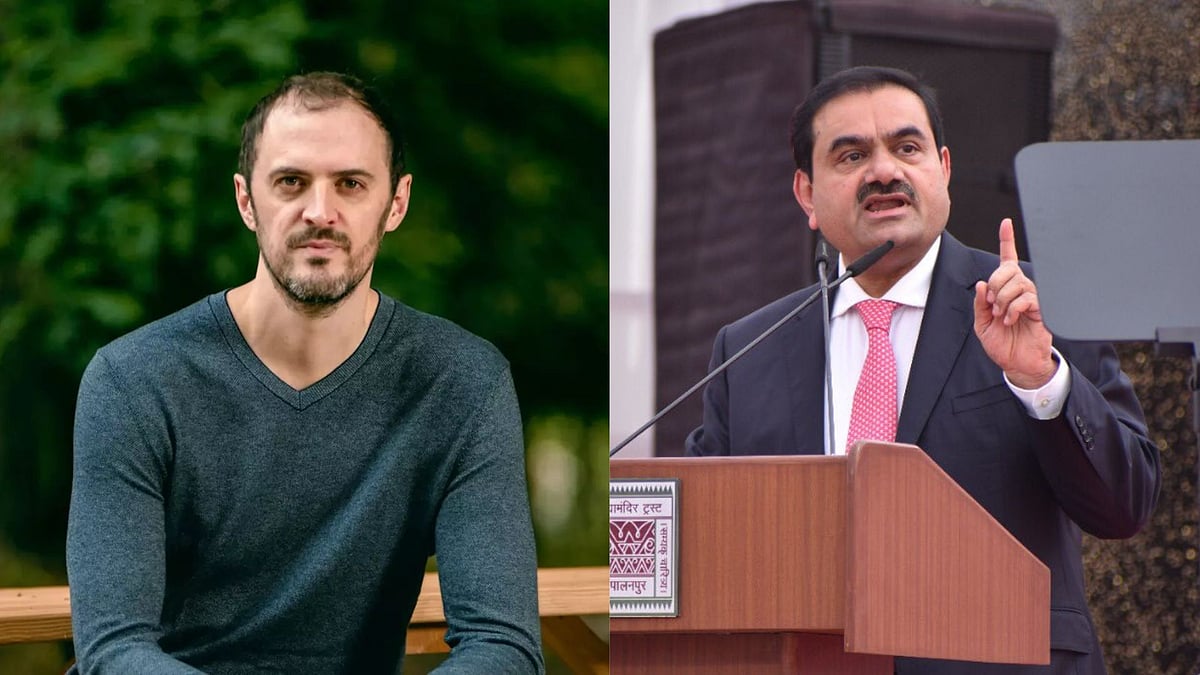
The Closure of Hindenburg Research – and the Legacy It Leaves Behind
Hindenburg Research, which shut its doors on 16 January, was seen as a divisive actor in the realm of finance.

advertisement
Hindenburg Research, which made money by uncovering irregularities in corporations and conglomerates worldwide, shut its doors on Thursday, 16 January.
The firm and activist short sellers like it have emerged as divisive actors in the realm of finance and business. While some allege that they perform a service by uncovering systemic problems in firms, conglomerates, and within a country’s regulatory infrastructure, the fact that they and others stand to profit from their investigations call their motivations into question.
Hindenburg’s Beginnings
Nate Anderson, who founded Hindenburg Research in 2017, set out to highlight problems that lurked beneath the surface at firms across the globe. Since then, in over a dozen cases, Hindenburg’s staff engaged in financial sleuthing and uncovered alleged wrongdoings. Once their reports on these firms and conglomerates were released, the stock prices of those accused went into a downward spiral, allowing Hindenburg and other short sellers to make money from this drop.
Hindenburg’s report alleged that the video misrepresented the product and misled investors on its technological capabilities and its readiness to market its products. Subsequent investigations into Nikola led it to settle with the US Securities and Exchange Commission (SEC).
In another case, Hindenburg Research’s reports suggested that Lordstown Motors, another electric vehicle company, had exaggerated demand for its trucks and the firm’s ability to build and deliver them. Subsequent developments led Lordstown Motors to declare bankruptcy in 2023.
Hindenburg Research and the Adani Group
Perhaps one of its most headline-grabbing work was in its uncovering alleged stock manipulation and accounting fraud committed by the Indian conglomerate, the Adani Group. After Hindenburg Research published its report in January 2023, the Adani Group’s stock prices plummeted, leading to a $140 billion loss in the group’s market value. While the group subsequently recouped its losses, the impact seemed to be far-reaching.
The report alleged complicity of Indian agencies in the Adani Group’s activities. The Indian regulator Securities and Exchange Board of India (SEBI) was accused of being a party in the fraud allegedly committed by the Adani Group. In July 2024, SEBI served a 'show cause' notice to Hindenburg Research on grounds that they engaged in unfair trade practices: SEBI pointed out that the latter was funded in part by Kingdon Capital Management, a hedge fund that profited off of short selling.
Hindenburg's Legacy
First, while Hindenburg Research focused on firms based in many countries, the impact on those associated with emerging economies need to be evaluated. International investors have become largely careful about investing in the Adani Group, particularly after the US authorities began their investigation. Responding to actions by the US authorities in November 2024, French oil firm TotalEnergies, a joint venture partner for the Adani Group, announced that it was not going to make fresh investments in its join projects with the latter.
Second, the alleged involvement of SEBI in Adani Group’s activities has brought the Indian regulator’s own probity and its credibility in prosecuting Hindenburg Research under question.
Hindenburg’s founder Nate Anderson was quick to dismiss SEBI’s 'show cause' notice, alleging that the regulator was trying to silence and intimidate those who attempted to expose corruption and fraud perpetrated by powerful individuals. While SEBI could impose financial penalties on Hindenburg Research, SEBI’s subsequent investigations have found that the Adani Group had violated public shareholding norms.
(Dr Surupa Gupta is a professor of political science and economy at the University of Mary Washington. This is an opinion piece. The views expressed above are the author’s own. The Quint neither endorses nor is responsible for the same.)
- Access to all paywalled content on site
- Ad-free experience across The Quint
- Early previews of our Special Projects
Published: undefined